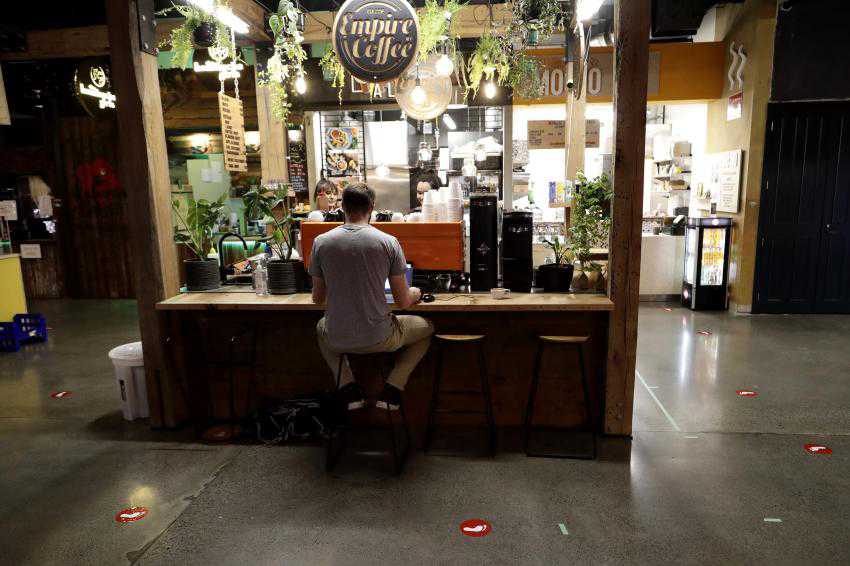New Zealand plans spending spree to counter virus task losses
14 May, 2020

New Zealand’s government ideas to borrow and spend huge amounts of money since it tries to keep unemployment below 10% on the wake of the coronavirus pandemic.
Finance Minister Grant Robertson on Thursday unveiled a good budget unlike any in the nation's history. Debt would shoot up from just over 20% of GDP to 54% by 2023, and a large number of careers created by putting people to work construction homes and bettering the environment.
Nonetheless, the increased spending will not be enough to offset the monetary devastation caused by the pandemic. Unemployment can be expected to rise from merely over 4% to almost 10% by June. And Robertson acknowledged that tourism, which possessed accounted for approximately 10% of the market, was not likely to become the same for several years to come.
“We face a global monetary and health crisis certainly not seen because the Great Depression,” Robertson stated.
The budget premiered on the same day the country lifted almost all of its lockdown restrictions. Malls, shops and restaurants all reopened, and several people returned to their workplaces. That reflected the country's success to time in its attempts to get rid of the virus. Health authorities on Thursday reported zero innovative infections for the 3rd time in a row. New Zealand features reported a total around 1,500 verified infections and 21 deaths.
Beneath the budget plan, the federal government will spend NZ$50 billion ($30 billion) over four years to help boost the economy.
The federal government had entered the crisis owning a surplus and using its books in good form compared to many other countries. Robertson explained the crisis needed increased spending rather than cutting back.
“I’m not really a fan of austerity,” he said.
More than half of most workers in Brand-new Zealand are currently appearing subsidized by the government under an application that was quickly create as the country went right into a strict lockdown found in March. The funds would extend the scheme for hard-hit businesses.
The plan also calls for 11,000 environmental jobs to be created, many of them temporary. People would be put to do the job eliminating pests and restoring wetlands. Or more to 8,000 fresh homes would be built, creating thousands of construction careers. Spending would as well be increased on from health care and education to school lunches and the postal assistance.
Opposition head Simon Bridges said the program lacked aspect and accountability and would combine the equivalent of another mortgage of debt per household.
“It’s our kids and grandchildren who will be spending money on it,” Bridges said.
Lawmakers started discussions Thursday afternoon and were likely to approve the budget.
Source: japantoday.com
TAG(s):
